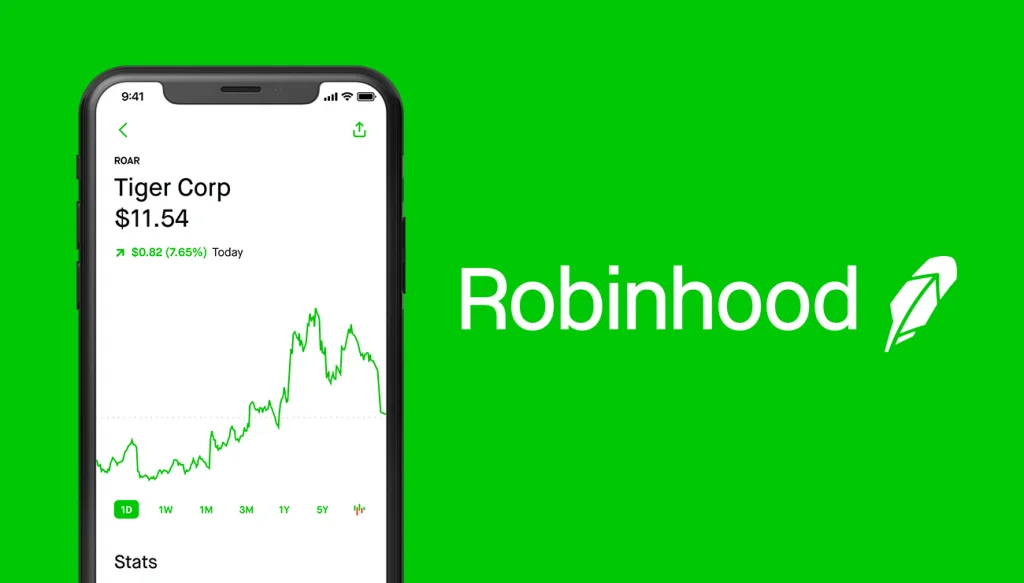Robinhood is planning a new app feature that will help shield and protect investors from volatile cryptocurrency values.

According to a Bloomberg article published on Tuesday, the trading app is developing a feature called “price volatility protection,” which will change some crypto orders based on price variations.
To protect trades from price volatility, Robinhood “may sometimes skip your recurring orders or buy less than your chosen amount,” according to a message in the feature’s code.
However, users will be notified before such action is taken, and trades will never be purchased for more than the amount selected.
“We’ve been working hard behind the scenes to bring our crypto consumers the features they’ve been asking for,” said Robinhood CEO Vlad Tenev. “We want to deliver new features securely, and there are a lot of details we need to nail out right now.”
The rumoured addition comes after Robinhood temporarily halted fast deposits for cryptocurrency purchases in January.
The trading software noted “exceptional market conditions” at the time, most likely alluding to Reddit users pushing Dogecoin (DOGE) – the cryptocurrency had risen more than 900% at the time and had been volatile throughout the year, reaching an all-time high price of $0.68 in May.
Robinhood also claimed that transactions for the meme-based cryptocurrency accounted for 34% of its revenue in the first quarter of 2021 and that its business could suffer as a result “if the Dogecoin markets deteriorate or the price of Dogecoin falls.”
According to the trading app, transaction-based revenues from all crypto transactions accounted for 17% of overall revenue for the same period, with more than 9.5 million customers trading nearly $88 billion.
Furthermore, officials in the United States are apparently looking into the trading app. The Financial Industry Regulatory Authority stated in June that it would fine Robinhood $70 million after an inquiry found the app had caused “widespread and serious harm” to thousands of users and had “chronic supervisory failings” beginning in September 2016.
Robinhood claimed it struck an agreement with the regulatory authority in principle to pay some of the penalty on a “no admit, no deny” basis.
